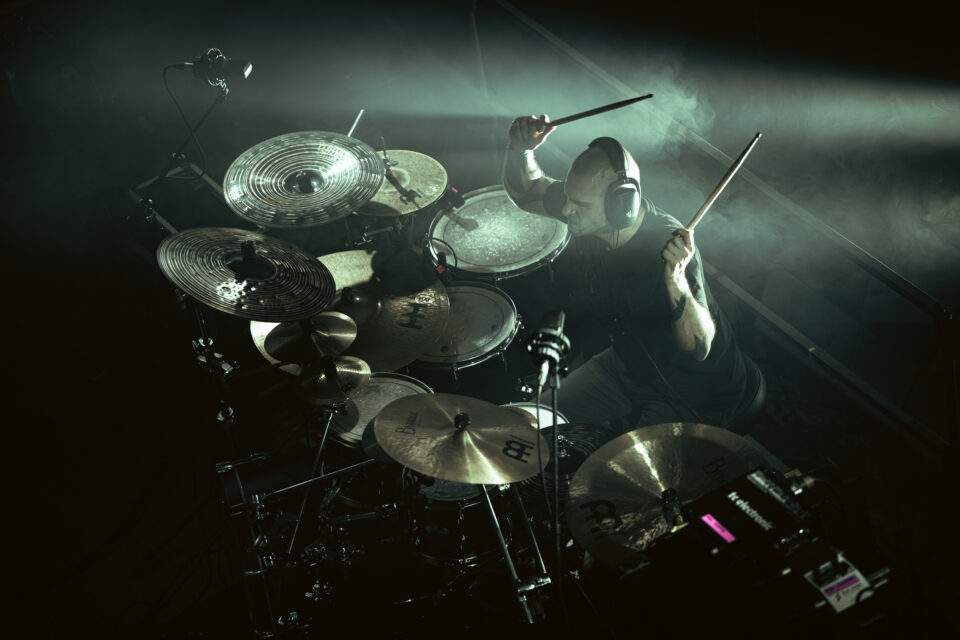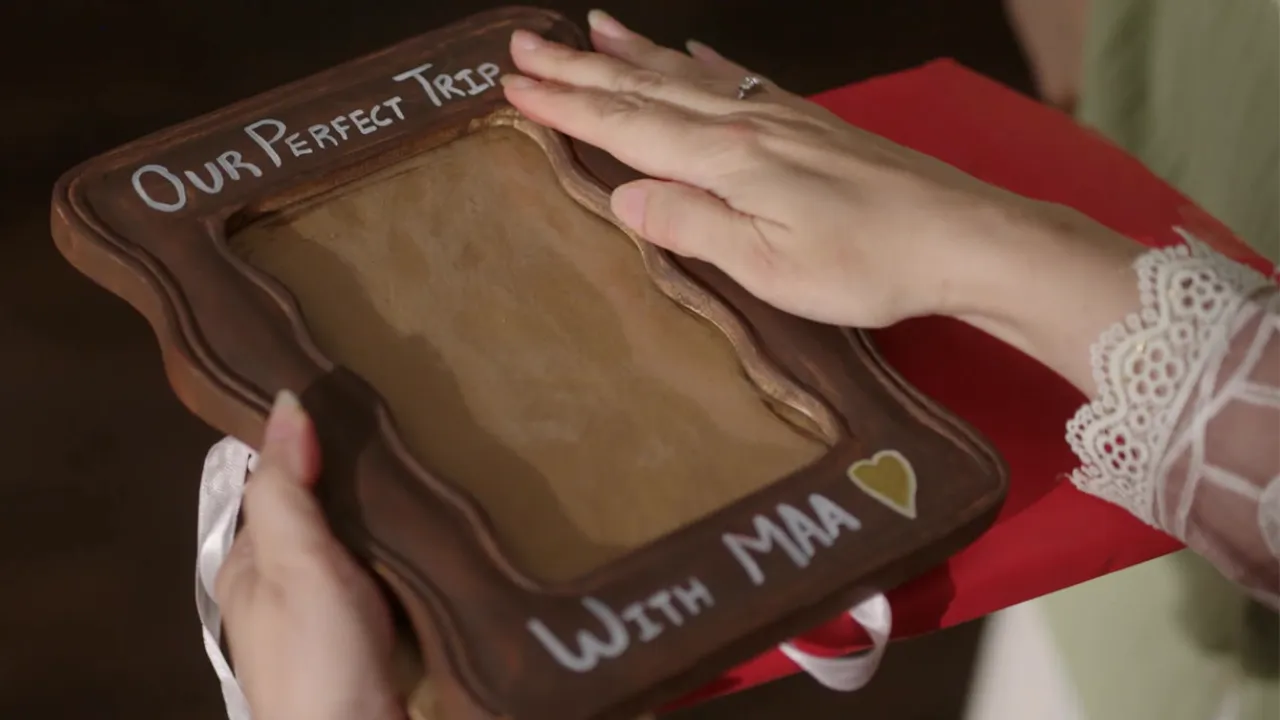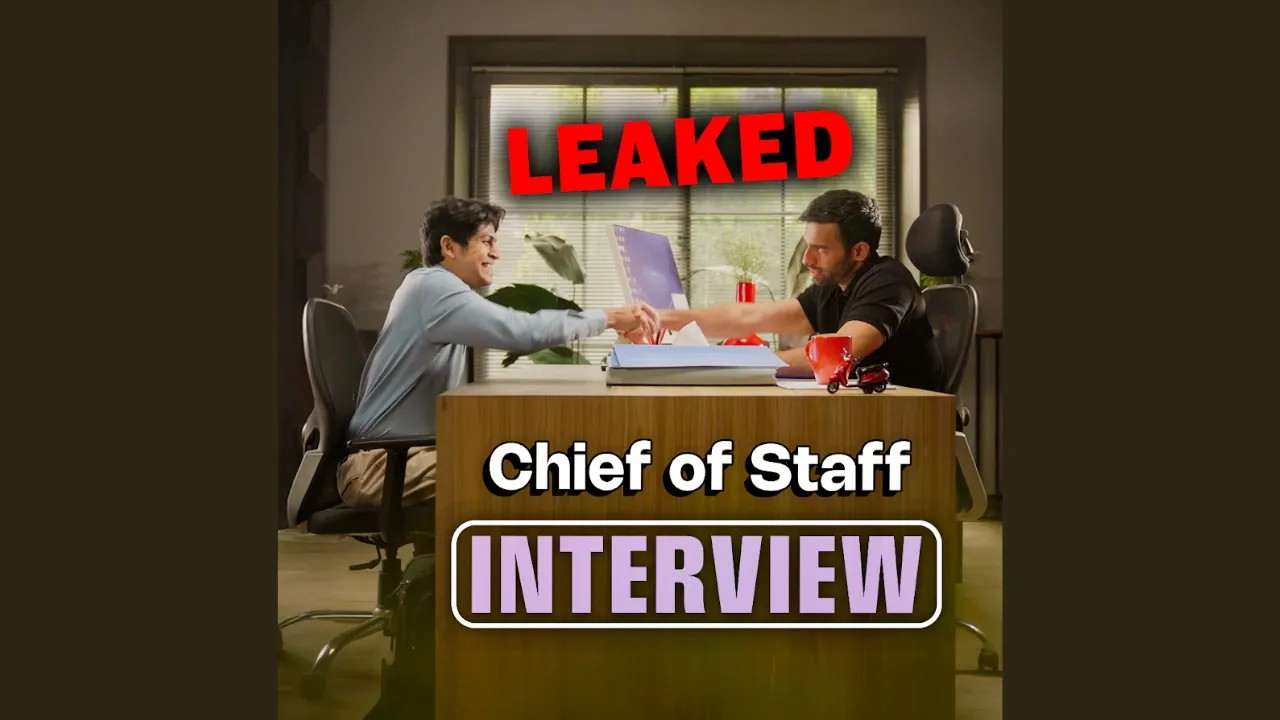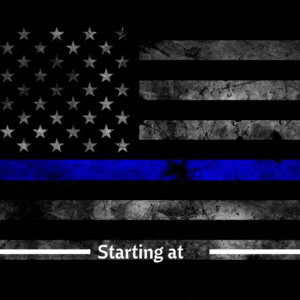In one of the most unlikeliest bookings seen in India, New Zealand’s extreme metal powerhouse trio Ulcerate are performing in Mumbai on Nov. 20, in Hyderabad on Nov. 21 and in Bengaluru on Nov. 22.
Known for a style of technical death metal that also blends ominous sonic movements which have been categorized as post-metal, Ulcerate comprises drummer Jamie Saint Merat, vocalist-bassist Paul Kelland and guitarist Michael Hoggard. Releasing material since 2003, Ulcerate’s breakthrough to a wider metalhead listenership arguably came with the release of 2011’s The Destroyers of All and consequently signing to American label Relapse Records to put out Vermis in 2013.
With each album, Ulcerate sharpened their death metal approach, always taking the unconventional route with Shrines of Paralysis in 2016, Stare Into Death and Be Still in 2020 and their 2024 full-length Cutting the Throat of God. It’s taken them to festivals and tours around the world, supporting extreme metal veterans like Mayhem closer home in the Australia/New Zealand region. Out in India, Ulcerate’s three-city tour is presented by Hyderabad-based gig series Aggressive Tendencies.
In an email interview with Rolling Stone India, Ulcerate drummer Jamie Saint Merat talks coming to India and his exposure to metal from the subcontinent, hitting up new territories this year and making the kind of music they do. Excerpts:
Rolling Stone India: What is it like making your way to India for your first-ever tour?
Jamie Saint Merat: Surreal to be honest. It’s a part of the world all of us have been meaning to visit at some point, and to be able to combine it with what we’re doing creatively is huge.
Have you heard much about the metal scene out in India? Any particular acts at all?
Certainly in the last few years I have been hearing murmurs here and there. But one band I can name that has caught my ear is [Kolkata-based noise/blackened death metal act] Tetragrammacide, absolutely deadly. And we’ll of course be absorbing the support bands on this tour as much as we can.
Coming to India perhaps also has a lot to do with being on a new album tour cycle, right? Artists often want to hit up new territories with every new release, do you agree? Any other countries you’re playing in for the first time on the back of releasing this album?
Yeah for sure, we’re always interested in expanding our live performance territories with each tour cycle. But this offer came out of the blue for us, and the conditions sounded absolutely perfect for us to be able to deliver the performance we need to. So far we’ve hit Australasia, and I am currently answering this interview a third of the way through our European run. In terms of totally new territories, we have tentative plans for South America next year, which is a long time coming for us.
Cutting the Throat of God is a really powerful record. You mentioned in an interview that you had a “vastly wider sonic landscape” to begin with after Stare Into Death and Be Still. How do you explore new ideas as a collective and how do you end up deciding which to discard and which to keep?
We set a fairly strict weekly regime with certain nights of the week dedicated to different styles of exploration. Our goal is to arrive at the end of each week with an at least partially realized sketch with a single guitar and drum line. This will then get added to a library of ideas, which we’ll return to at a later stage once we’re ready for arrangements. So one night will be focused solely on melodic and chord progressions ideas, with perhaps a talked-through concept of how phrasing and rhythm could work. We’ll then take this to the rehearsal room where drum parts will start to form (and often shape or reshape the melody or phrasing). I’ll try to formulate two to three workable beat ideas for a single riff, which we’ll record with a single room mic for later evaluation. Rinse and repeat.
In terms of what we keep and what gets discarded – it’s all just a gut feel instinct, which is the whole point of us recording the sketches. If a part still adrenalizes us a few weeks later when reviewing these rough room recordings, we know there’s something there to be developed. If there’s even a slight feeling of ‘it’s okay’ then we just delete it without mercy. We move fast, and try to not overthink things. All three of us have veto power over everything as well, we’re really trying to be as ego-less as possible this far in.
Ulcerate’s music has often been dubbed “intense” and “overwhelming” and “transcendental.” What’s an unlikely term that’s been used to describe the music that’s made you think?
Hard to say. I’ve heard some strange comparisons to other bands, but that’s obviously an extremely subjective standpoint, so you just have to ignore it. Here and there, we hear people throw around the ‘post-rock’ descriptor, which I understand on some level, but always feels off to us as that’s just not where we’re coming from. But this is a symptom of having your music introduced to newer and wider audiences – their entry points to your sound can vary widely.
That said, what’s a wildly reductive or misleading way Ulcerate has been categorized? What was your reaction to it?
The last two albums have certainly tapped into a wider audience that we hadn’t anticipated, so of course now we’re starting to hear online chatter that can get into troll territory with intentionally whining pejorative criticism. ‘Overrated’ or ‘not death metal’ are two classics. Both of which are subjective interpretations, so you simply brush it off. But for the most part, we come away fairly unscathed in terms of internet hatred, which in this day and age feels like we’re performing some sort of magic trick [laughs].
As someone who’s about to see Ulcerate for the first time — like the majority in India — it’s really something to think this kind of music can be pulled off live. Over the years of performing this complex music, how do you manage to keep up with yourselves to bring that same sonic quality on stage?
Endless rehearsing. That’s really it, and we do at least three full band rehearsals per week, every week. This material is still extraordinarily difficult to pull off, even if it looks like it isn’t. But to feel comfortable with it, you just need to do it all the time, it has to reside purely in your muscle memory, otherwise things will crumble very fast. Unfortunately there’s still a massive physical element to the drumming especially, and the only way to maintain the level of stamina required is by keeping a regular rudimental practice regime outside of the band rehearsing. So essentially, daily drills and exercises with a metronome. Never really gets any easier.
What’s in store in terms of the set when you come to a new country like India? And what do you have planned in the country outside of the performances?
Our setlist will be divided evenly between Cutting The Throat… and Stare Into Death… material, with potentially an older surprise or two. Outside of the shows, we have a day or two off that we’re actually very excited about, exploration and massive intake of high quality food is on the cards. Absorbing the culture is a massive part of touring for us, we can’t wait.
Video:
Author: Srishti Pandey











